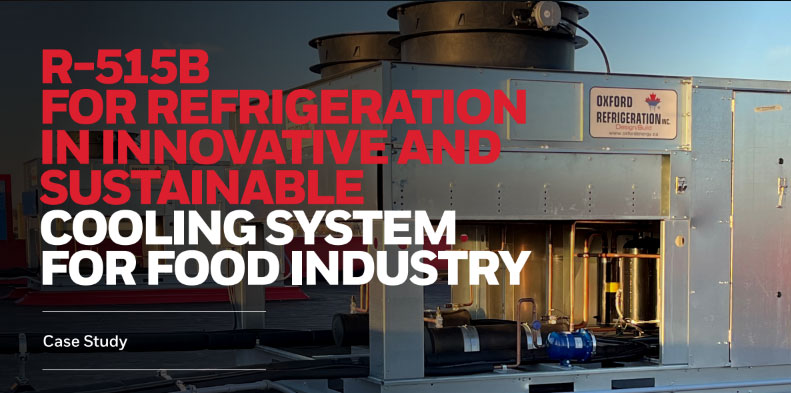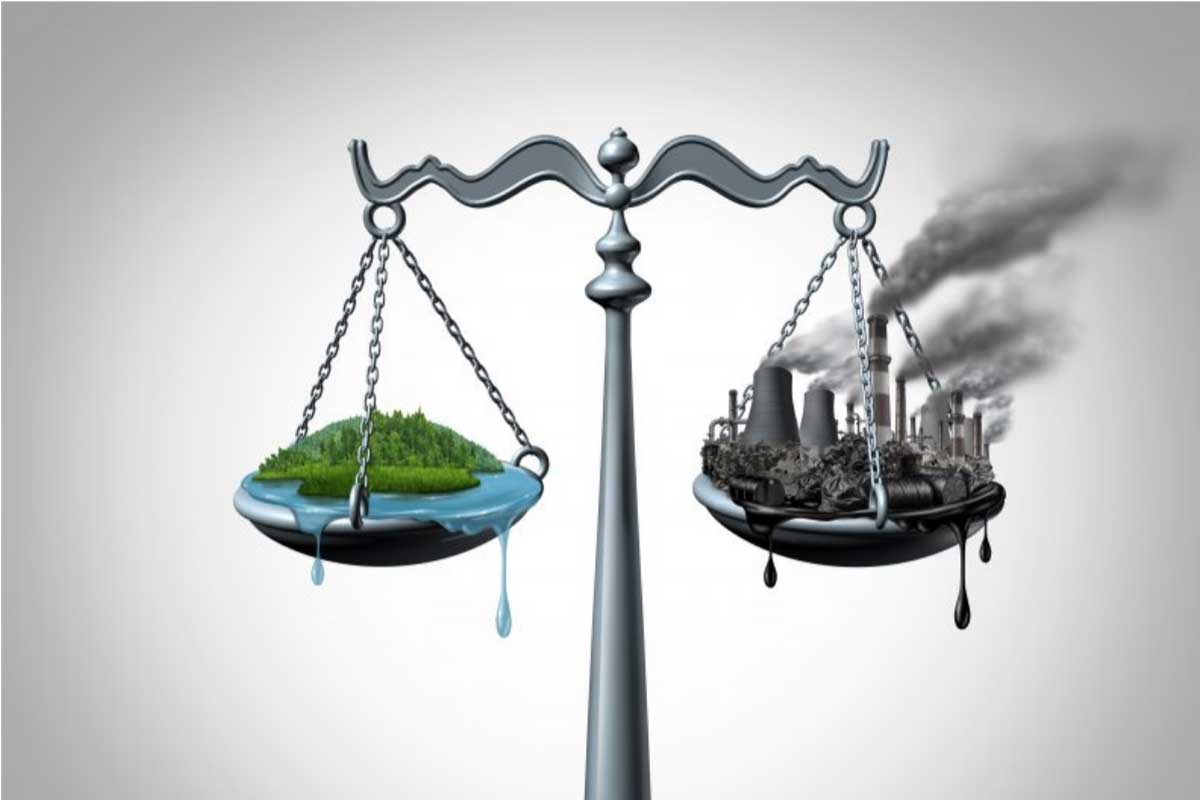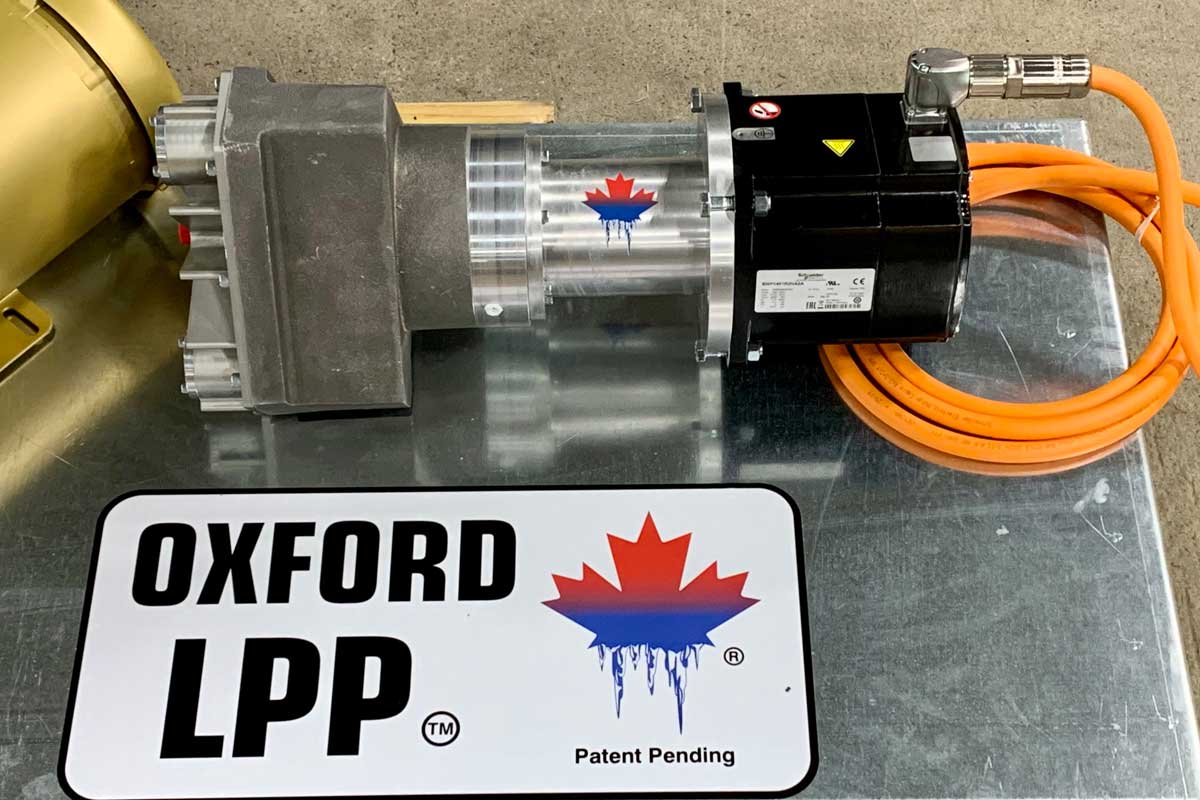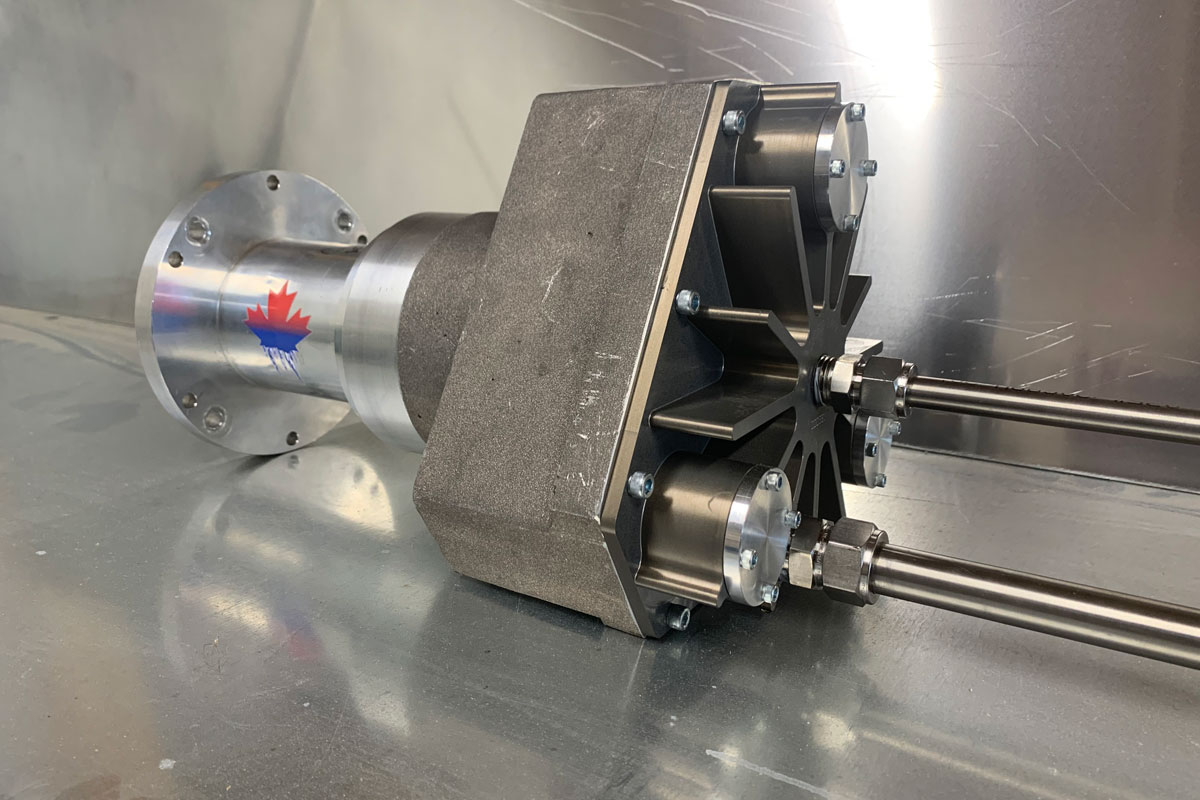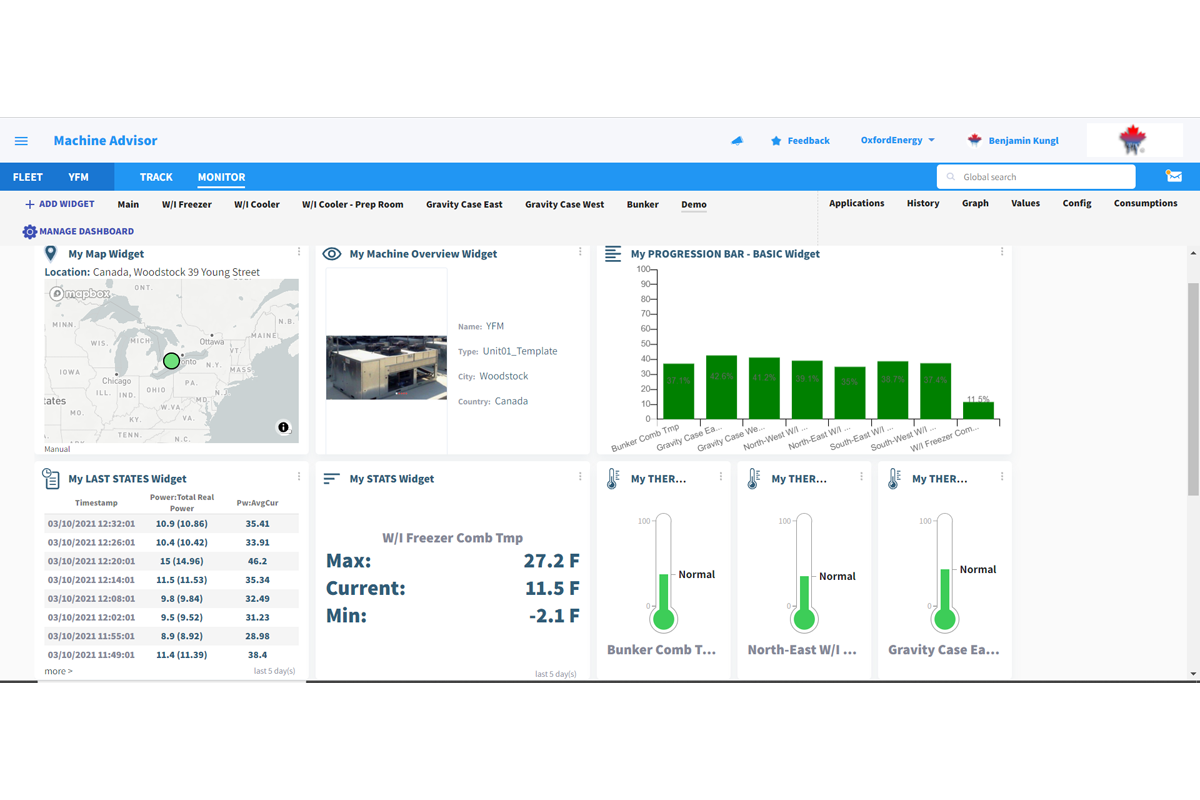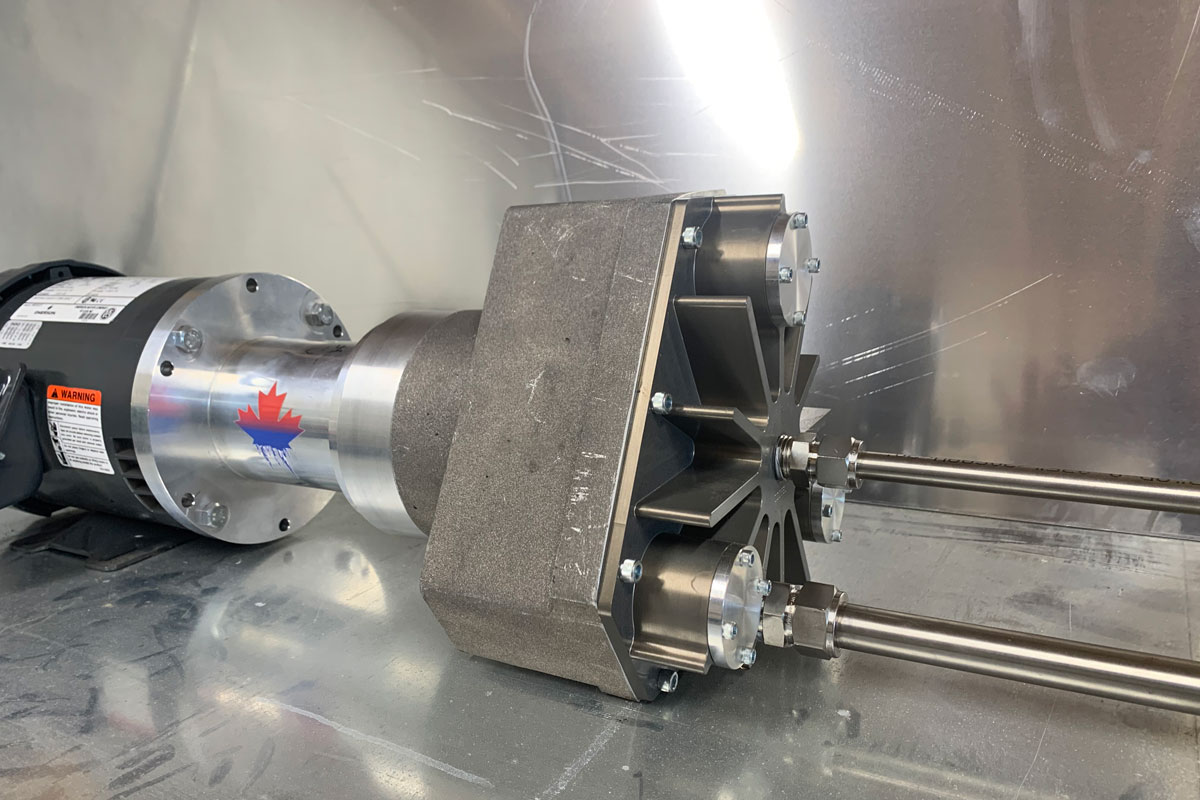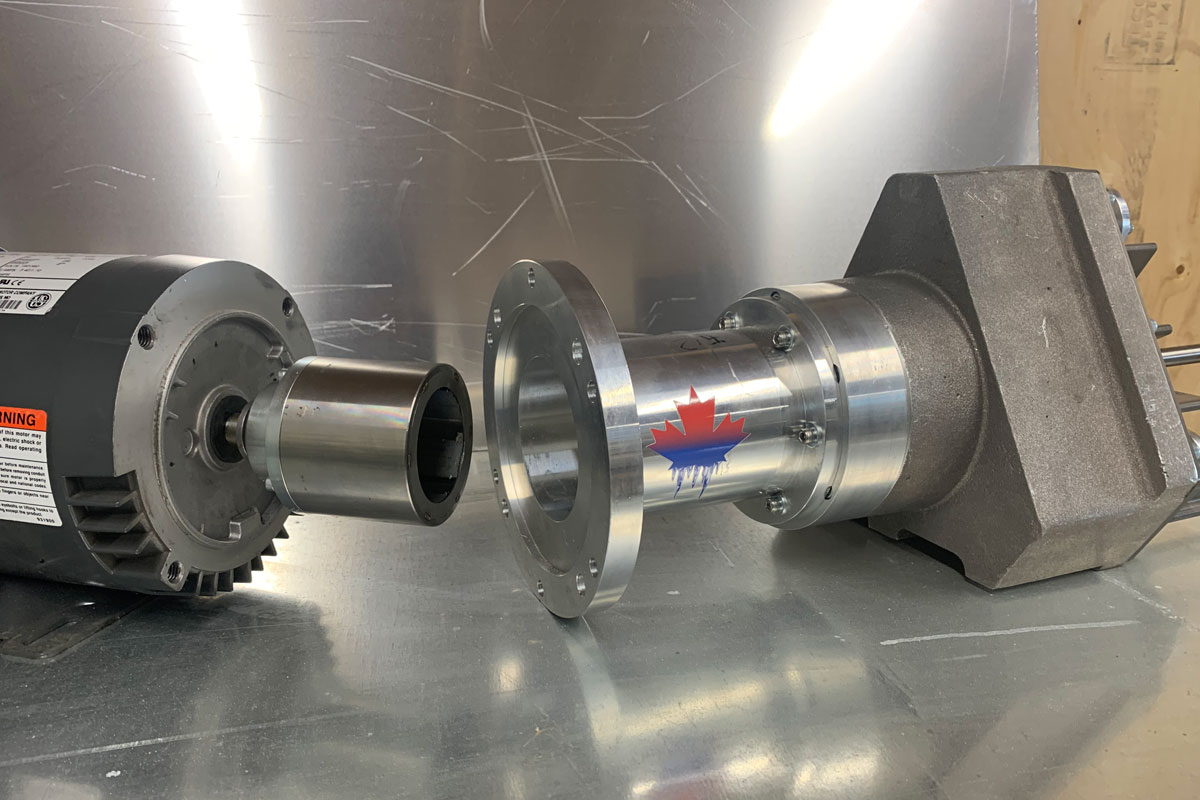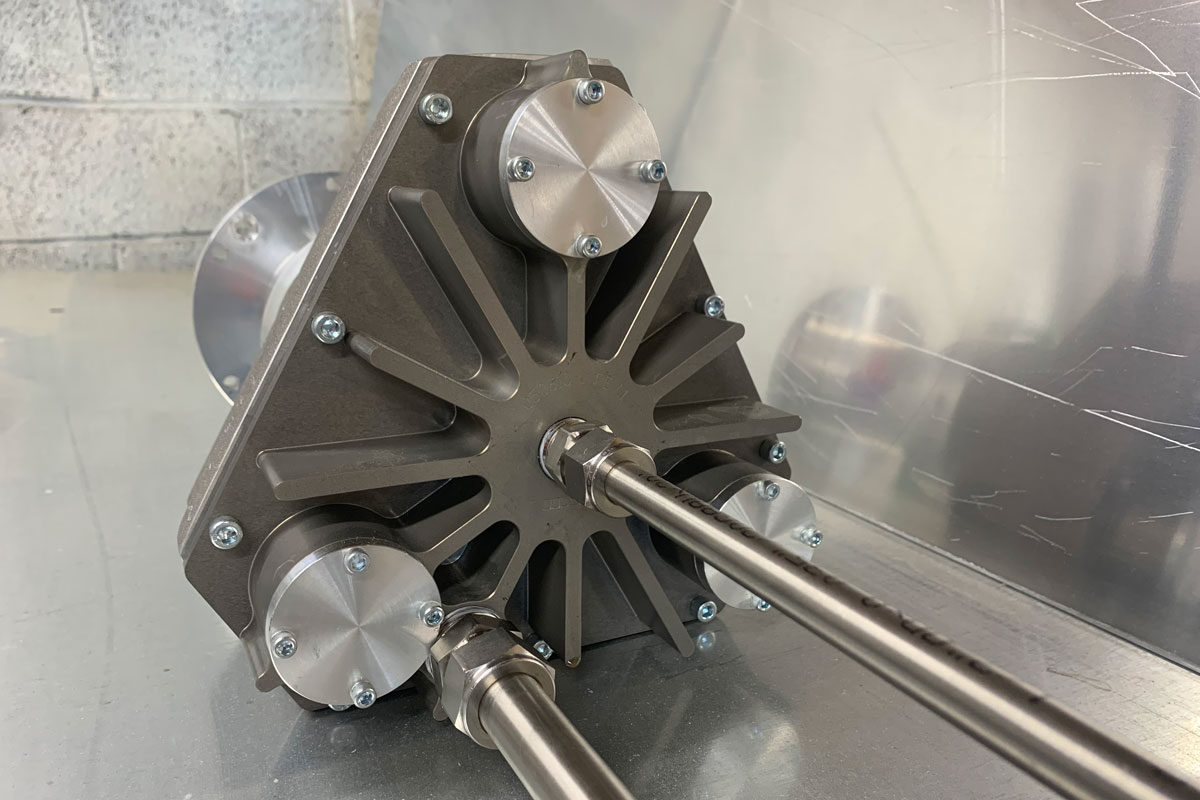What is Sustainability at Oxford Energy Solutions Inc?
Sustainability is a term that has been circulating for years which we have come to accept generally as a ‘green’ method of living within the means of our ecosystem and ensuring that our lifestyle does not harm future generations. Because it is a loose term and often misused, it is helpful to understand what sustainability is not. Sustainability is not simply a coined phrase or a word on a brochure used to help companies sell products, nor is it a way of considering things unilaterally. Rather, to be sustainable means to consider our actions from many perspectives- being aware of how we affect the world and ensuring that we take measures to reduce our negative impact on the earth. We refer to this as our carbon footprint.
Sustainability is going to define companies that do more and care more about the legacy that they leave behind for future generations.
If sustainability is the awareness of our impact and the action that we take to prevent negative effects, it stands to reason that the path to Net Zero is parallel to the concept. If we conceive it as a balance, then Net Zero (balance) will be achieved when the amount of carbon we allow into the environment is equal to what we remove. Industries, agriculture, homes, and transportation will have to reduce emissions expelled into the atmosphere to avoid irreparable damage to our environment. In acknowledging that societies worldwide must collectively take strides to reduce carbon emissions that negatively affect the global climate, plans have been devised to reduce greenhouse gasses to Net-Zero by the year 2050.
The responsibility to make improvements lies with us all- however, the potential to have an immediate, massive impact begins with large companies who are in the driver’s seat to make significant, rapid changes in large industrial processing. Veering off course and procrastination leads to leaving it up to individuals to scope out pathways. It is imperative to discover what being sustainable means on an individual level so that we can create a plan for the way we live, influence corporate entities to act and not support those who choose to delay.
Sustainability is going to define companies that do more and care more about the legacy that they leave behind for future generations. In considering a sustainable plan and how it fits in with businesses today, we could look at a company as the ‘nucleus’ of its own sustainability path. From that nucleus, there are many things connected to it that the company relies upon – the supply chain. From raw goods, suppliers, manufacturers, distributers to the consumer, a company with a sustainability plan will follow each step and decide what improvements can be made to diminish their carbon footprint by asking themselves, ‘What do we create? What do we leave behind? What influences can I have in my supply chain?’. Consistently looking for ways to improve efficiencies, conservation, and the reduction of waste and environmental damage, is key to the plans companies must make.
The Oxford Group of Companies has a sustainability plan which includes considering the Total Life Cycle cost of the machine - from the first bolt manufactured to the recycling of the system. The plan addresses issues like excess packaging, the amount of equipment needed for installation, how it was manufactured, and what happens to the parts in the system once they have been retired. Consideration is given to each aspect of the project, from the inception to the end. One action that Oxford has taken is invoking the help from suppliers to reconsider how products are shipped and packaged so that waste reduction could be realized. The immediate results were: zero shipping waste, a massive reduction in packaging costs, reduction in disposal fees, and elimination of wood in shipping skids. The total savings in the supply chain has redefined what is deemed necessary. The same systems are delivered to customers with less waste and less time.
The Oxford LPP platform essentially puts customers on a path towards sustainability by design. Most other systems of similar abilities are larger and have an excessive number of components. These extra components bring extra maintenance costs and take you away from a zero-leak strategy. Oxford Group uses strategically designed, less congested versions that can execute the same functions but with less energy, less initial costs, and less impact on the environment. Sustainability is about taking measures to be more efficient and reducing waste. The benefits double with simpler systems that reduce energy, maintenance costs, extend longevity, and delivers greater profit margins in the end.
Since refrigeration is critical in modern-day life, the goal is to control and prevent the damage done by the misuse of chemicals (refrigerants/oils/non-recyclables) in each system. There is no room for short- sighted designs and temporary solutions when discussing a sustainable path. The path should be filled with ‘building blocks’ from systems that complement each other and are adaptable as we move forward to protect the environment. Refrigerants that are leaked into the atmosphere and oils that leach into the ground during maintenance, regular operation, and disposal contribute to an overall negative environmental impact. Even though government regulations are in place that require refrigerant leaks be addressed and hold businesses accountable for their compliance, they fall short of having the impact needed for improvement. Adopting a zero-leak rate strategy is the way to achieve this and has been the benchmark of all Oxford Group’s equipment since 2006. The overall design of imprudent equipment needs to be drastically improved.
The path to being
sustainable is attainable.
Oxford Group companies have design initiatives that are pushing for change. The development of the Sensori Control System, oil-free Vapour Drive Compressors, and the OLPP low pressure differential system set a clear and sustainable path - with a zero-leak design, no adjustable moving parts in the equipment and an adaptable, intuitive user interface. The OLPP technology and design utilizes the lowest GWP HFO refrigerant offered today. Some of the architecture benefits to the system - and ultimately ‘the path’- are the use of oil-free compressors with full modulation from 0-100% that allow the reduction of parts, reduction of secondary heat of rejection, and adaptability to any future low pressure GWP refrigerants without changing the system. This technology allows us to evolve over time to a fully integrated AI type system that is self-assessing and self-calibrating. This results in a higher quality of diagnostic monitoring by removing the issues of inconsistencies and variabilities from human interference and includes direction on what to look for if issues arise.
These steps are about creating the best core refrigeration platform possible with unlimited future adaptability – such as the fully integrated solar kit that can be added to any system. This solar kit ties into the main power supplied to each unit and automatically ‘sheds’ power as we harness available energy from the sun. Sustainability is not about ‘off grid’ or huge solar/wind fields only. It is about each component we use and reducing its overall impact. When we continue to take incremental steps towards conservation, our overall impact is very big. These are some of the steps Oxford Group is doing now for its customers and leading the charge up the mountain for a drastic change in the way our industry looks at refrigeration and its design.
The path to being sustainable is attainable. Reducing our carbon footprint should not be viewed as a chore but as an interesting way to create a responsible and informed sequence of how your product is created, managed, and exported. The responsibility for a company’s products needs to be addressed and the impact needs to be managed. Ethical businesses find reasons to be better at processes and continually improve the holes in the supply chain to promote well-being. The health of our environment, its conservation and repair are great undertakings that stands before each one of us. The path to Net-Zero is here now and does not reside in the future. We cannot underrepresent the importance of realizing and creating individual paths for a sustainable future. We need to dive in and start asking questions about our own plans as well as question the plans of others. Conversations need to start. Oxford Group Companies can help set out a path, learn about what is important to individual companies and embark on the journey together. Sustainability is not something that has a finish line – it is fluid and ever-evolving.
Sustainability is not something that has a finish line – it is fluid and ever-evolving
